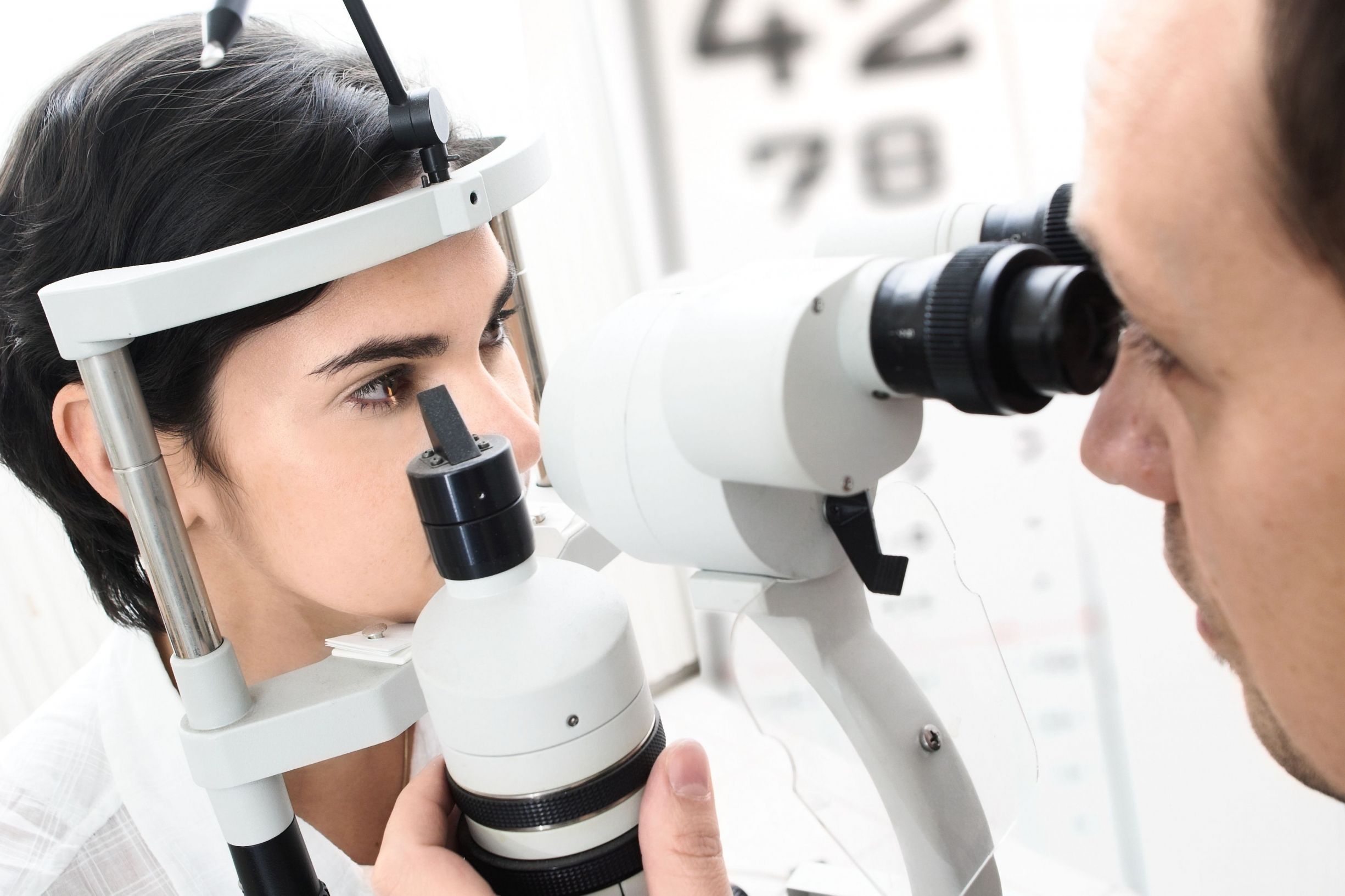Choosing your ophthalmologist is an important decision because this is the person you will trust to safe guard your sense of sight and maintain good vision. Many people overlook the importance of eye care yet eyes go through many changes as we grow older hence they need monitoring by a competent ophthalmologist.
When do you need to see your ophthalmologist?
So then, when should you see an ophthalmologist? It is advisable to treat your eyes throughout your life. As such, overlooking changes in vision and missing eye examinations puts your sight at risk. It is recommended that you seek the help of an ophthalmologist when you experience any of these symptoms:
- A change in vision – This may be in form of sudden spots, lightning streaks, watery vision, distortions, blurry faces and double vision, among others.
- Loss of vision or decreased vision in either one or both eyes
- Physical changes – These may manifest in the form of eyes that turn out, in, crossed eyes, down or up, pain as well as possible infection signs like swelling, discharge and redness.
- Changes in field of vision like black spots, blurriness, shadows and curtain like damage to vision.
- Changes in color vision.
Conditions that Ophthalmologists Treat
Ophthalmologists mainly focus on medical and surgical care for the eyes as well as the entire visual system to prevent disease or injury. Some of the common conditions that ophthalmologists treat include the following:
- Cataracts – This is a common eye condition that is associated with age. Cataracts refer to cloudy areas that form within the lens of the eye that when left untreated can significantly diminish sharpness of vision. Cataracts are usually corrected through a surgical procedure.
- Glaucoma – This disease affects the optic nerve leading to gradual loss of vision. This eye condition is a leading cause of blindness with more than three million Americans living with it. It is recommended to get immediate treatment from an experienced ophthalmologist since it is known to lead to irreversible damage to eyesight. Treatment may include eye drops or pills to avert permanent impairment. If medications do not result in desired results, then surgery may be recommended.
- Retinal diseases – The retina, which is a layer of nerve cells found at the back of the eyeball, relays light impulses to the brain where they are interpreted as visual images. The retina is extremely delicate hence vulnerable to various disorders and diseases, the most common being age-related macular degeneration (AMD). This affects the macula, which is at the center of the retina, leading to a decrease in visual acuity. More than 15 million Americans struggle with this condition daily. However, when diagnosed and treated early, conditions that affect the retina can be managed successfully.
How often should an ophthalmologist examine your eyes?
It is advisable to have an ophthalmologist examine your eyes periodically throughout your life. Having a regular eye examination goes a long way in early detection as well as prevention of vision problems which when not attended to early enough can lead to loss of vision. Adults, 40 years and above, are particularly encouraged to have their eyes checked regularly as they are more vulnerable to a majority of the eye conditions.
In conclusion, you must take caution when seeking the help of an ophthalmologist to ensure that the specialist has the right certification and experience to attend to you. Remember, you do not want to lose your sight to a quack.



Leave a Reply
You must be logged in to post a comment.